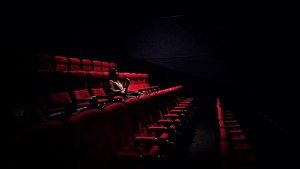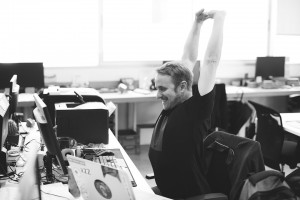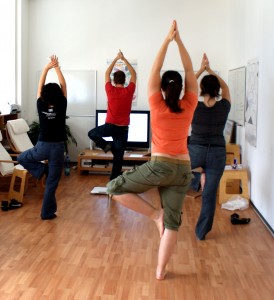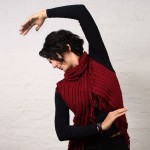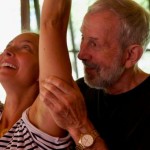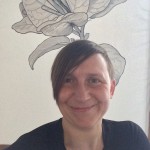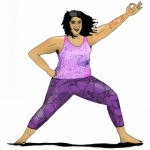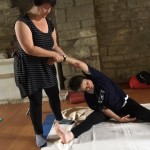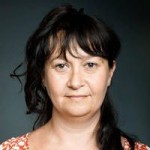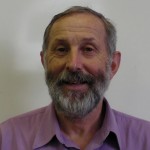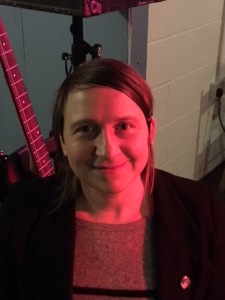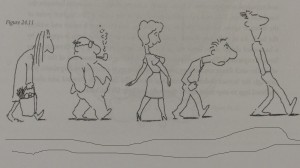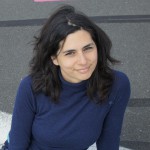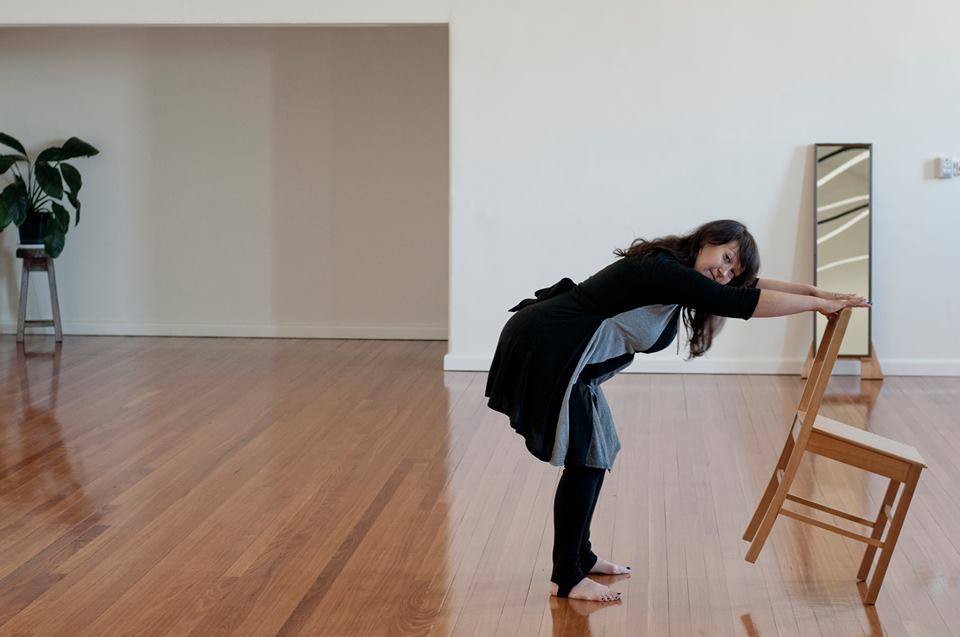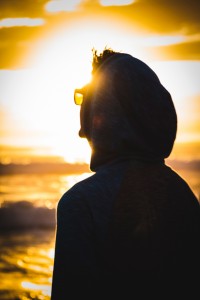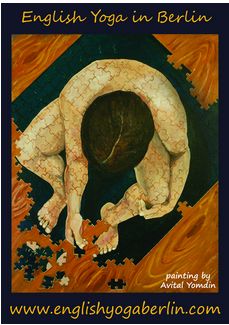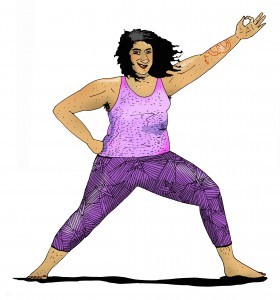I often hear people use the terms mindfulness and meditation interchangeably. Are they, though, the same thing?
So let’s look at these two terms.
Mindfulness

photo by Fern
I define mindfulness as the practice of having one’s mind fully present in any activity or inactivity that they are performing. The English term was originally created by the Buddhist scholar T.W. Rhys Davids at the beginning of the 20th century. Later on, this term was used by Jon Kabat-Zinn in his popular Mindfulness-Based Stress Reduction program. He defines mindfulness as ‘the awareness that arises through paying attention on purpose, in the present moment, and non-judgmentally to the unfolding of experience moment by moment.’
Many mindfulness practices increase the ability to attain this state of mind. One example is the practice of mindfulness walks whilst using a modified version of the 54321 technique. This is one of my favorite mindfulness practices that I always include in our English Yoga Berlin retreats.
Meditation
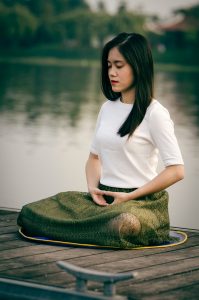
Photo by Le Minh Phuong on Unsplash
Meditation, on the other hand, is the practice of letting the mind quiet down from thoughts and worries. It is experiencing ones’ own presence beyond the mind. It requires sitting (or if necessary laying down) and purposefully creating a space to practice. In the Vedantic tradition, there are two types of yogic meditations: saguna and nirguna.
In the saguna meditation, the meditator focuses on one thing only (be it a mandala, the breath, a candle flame). The meditator keeps the mind anchored on this focal point. Think of the mind as a bird that flies from one thought to the next. Eventually the bird gets tired and needs to rest on a branch. The one focal point of saguna meditation is the branch for the bird-mind to rest on. In nirguna meditation, the meditator focuses on abstract concepts that are indescribable, such as Existence, Cosmic Love, Consciousness and fuses themselves into the object of meditation. In both ways of meditating the focus is to sharpen the mind into being able to focus on and experience only one thing, be it something concrete or something abstract.
So what is the difference?
The main difference between mindfulness and meditation is that mindfulness can be applied to any activity and although the mind is fully present in what it is doing, there is still motion in the action of doing. Whilst in meditation one creates a space where one sits and practices bringing the mind to an inactivity so that it remains settled only on one thing. Of course, a meditation practice will increase your mindfulness awareness in your everyday activities, and a mindfulness practice, on the other hand, will also help you settle in quickly into meditation. These two go hand in hand strengthening each other, which I believe, is why people often confuse them.
Pinelopi specializes in Hatha Yoga. Her yoga Kreuzberg Berlin classes are open for and welcoming to beginners. She offers Berlin business yoga, private yoga classes for people struggling with chronic pain, yoga courses and workshops. She is currently deepening her knowledge through Leslie Kaminoff’s Yoga Anatomy course and training to become an Alexander Technique teacher.









